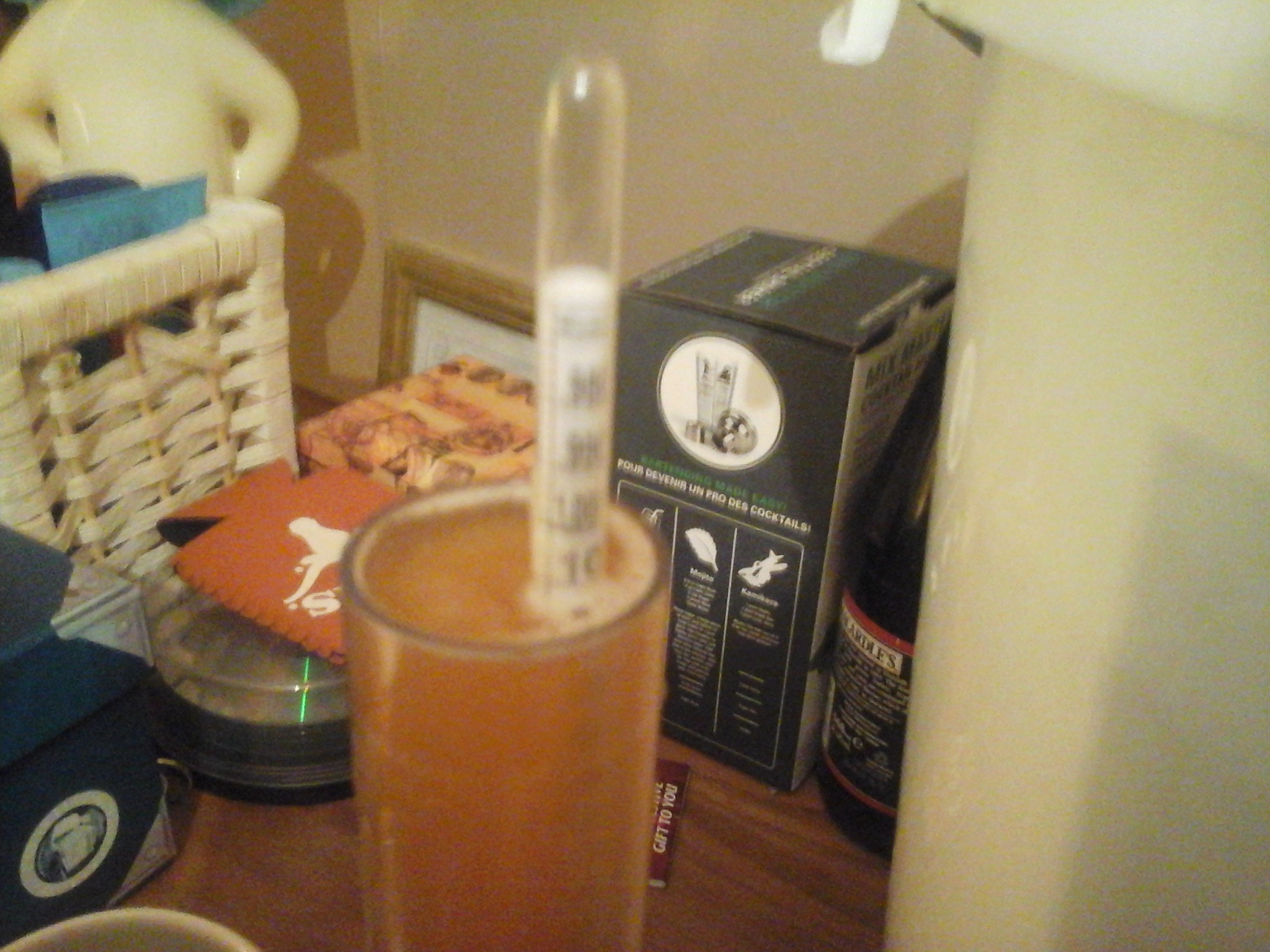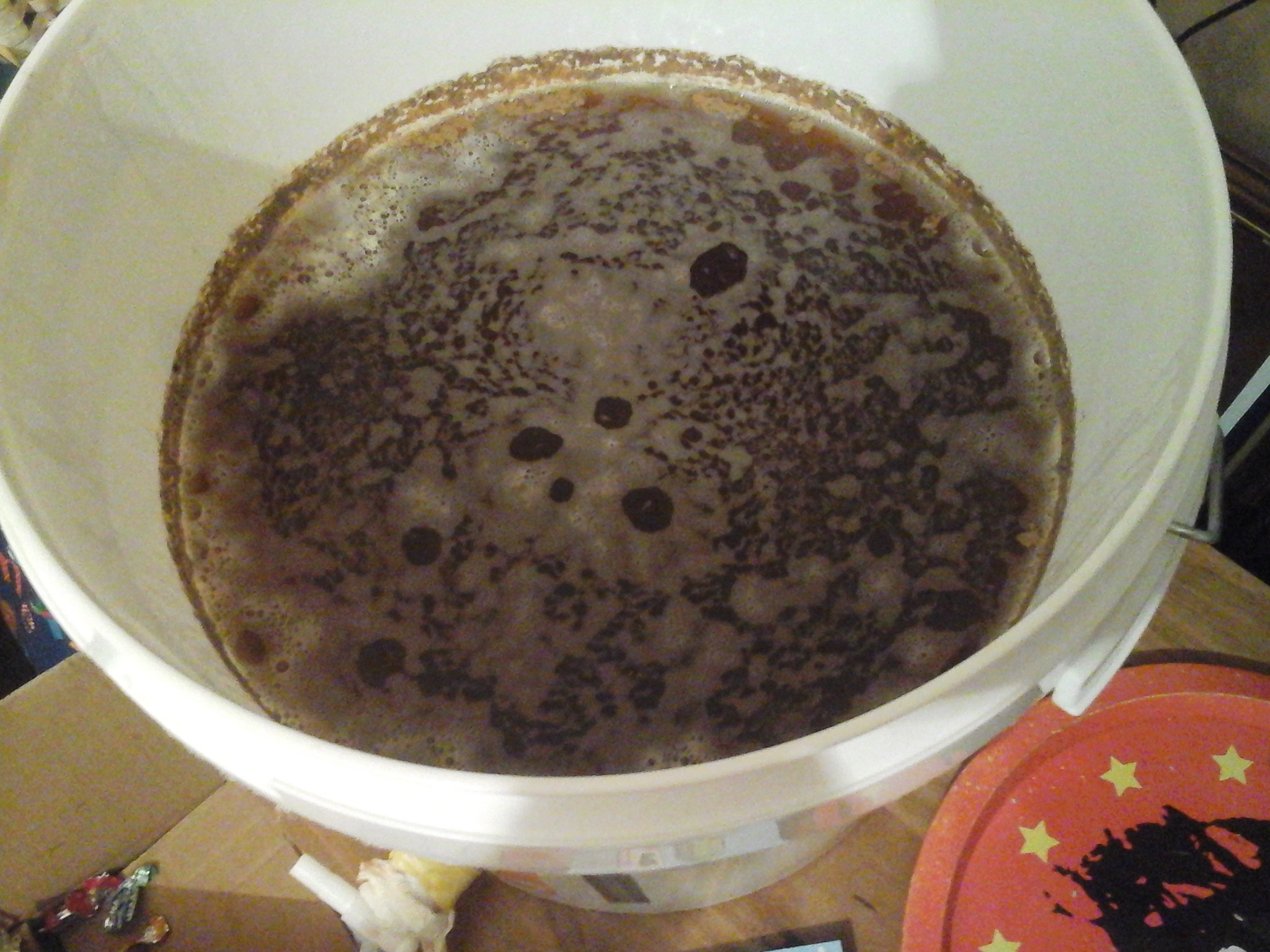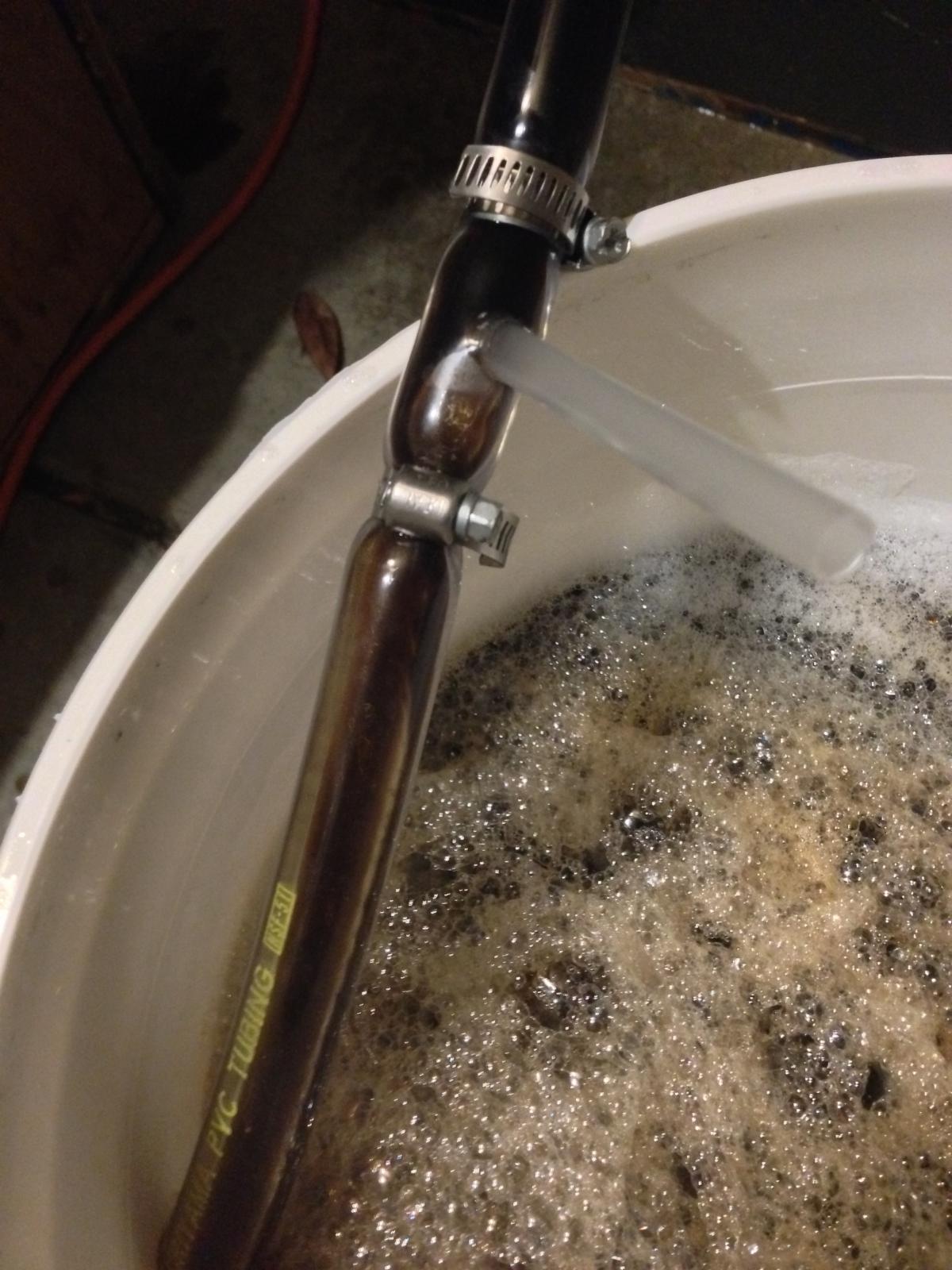congrats on your first brew! now, relax. take advice when it is given. leave pictures of what you might be afraid of. enjoy the fruits of your labor. disregard the naysayers. try not to get sucked up into the glass vs. plastic war. there are a ton of great dry yeasts. just because you use extract does not make you a "Betty Crocker" or "cookie cutter" brewer. don't fear the foam. fermentation temps are important. so are pitch rates. and line up for your berry punches, for they are always free. some of us are sarcastic and some of us throw down tons of great advice. either way, we are all learning from each other, making beer, and having a good time.
good luck with your new adventure in brewing!
good luck with your new adventure in brewing!







